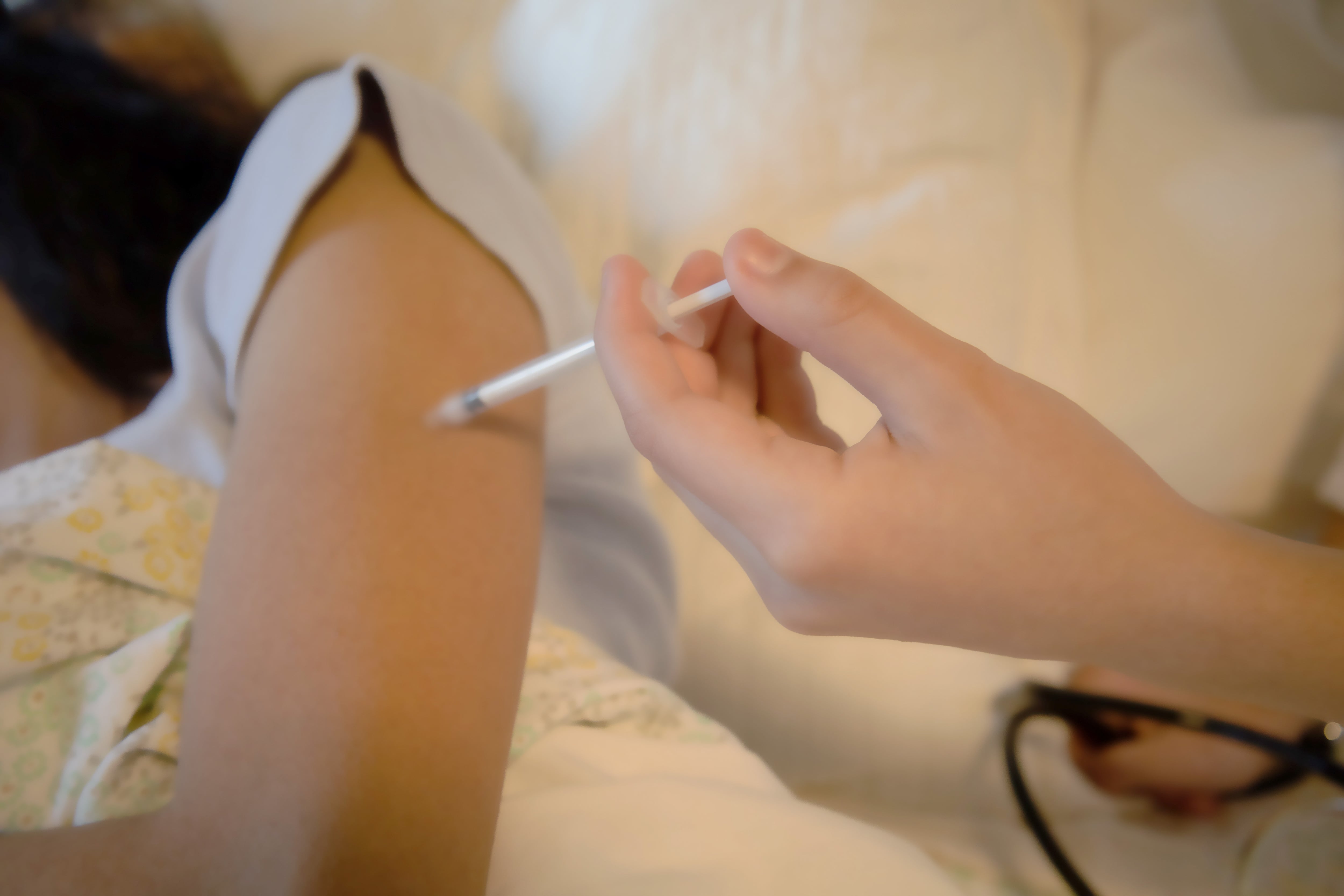Public health, explained: Sign up to receive Healthbeat’s free Atlanta newsletter here.
Two family members of the metro Atlanta resident who tested positive for measles last week have also acquired the virus, officially creating an outbreak.
None of the three patients had been vaccinated against measles, the Georgia Department of Public Health said Friday in a press release. The agency added that so far in its contact tracing efforts, it hasn’t found any cases outside the family. Last week, the department said the first patient had acquired measles while traveling domestically.
The Centers for Disease Control and Prevention defines a measles outbreak as three or more related cases. As of Thursday, the agency was aware of two U.S. measles outbreaks and 14 total cases so far in 2025, although it’s unclear whether the trio of Georgia cases were included in either count.
In western Texas, a measles outbreak has infected at least nine residents and hospitalized at least two school-age children. It’s spreading in a highly vulnerable community where vaccine uptake is low. At a local school district, only 46% of kindergartners had received the highly effective immunization that prevents measles.
The outbreaks come as the U.S. Senate is considering whether to confirm Robert F. Kennedy Jr., a repeated skeptic of vaccines, as the nation’s Health and Human Services Secretary.
Georgia, unlike Texas, doesn’t allow parents to enroll unvaccinated children in schools based on personal beliefs. But both states’ laws permit religious exemptions to the shots.
Meanwhile, other infectious diseases continue to circulate in Georgia as residents make their way through the respiratory illness season. Preliminary CDC data indicate that the number of people in the state hospitalized for Covid-19, flu, and respiratory syncytial virus remains high but may be declining. The combination of overnight hospital stays for the viruses has yet to approach last winter’s peak. But wastewater data show that flu is still spreading freely in many Georgia communities.
Whooping cough also continues to circulate at high rates. As of Monday, the Georgia DPH had detected 28 probable or confirmed cases. The January count will likely go up as the department retrospectively identifies more cases, but even that total is in line with a transmission pace that concerned the DPH in December. In its end-of-the-year health alert, the agency asked providers and local health departments to test patients with severe coughing for the disease.
Allen Siegler is a reporter covering public health in Atlanta for Healthbeat. Contact Allen at asiegler@healthbeat.org.







